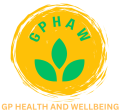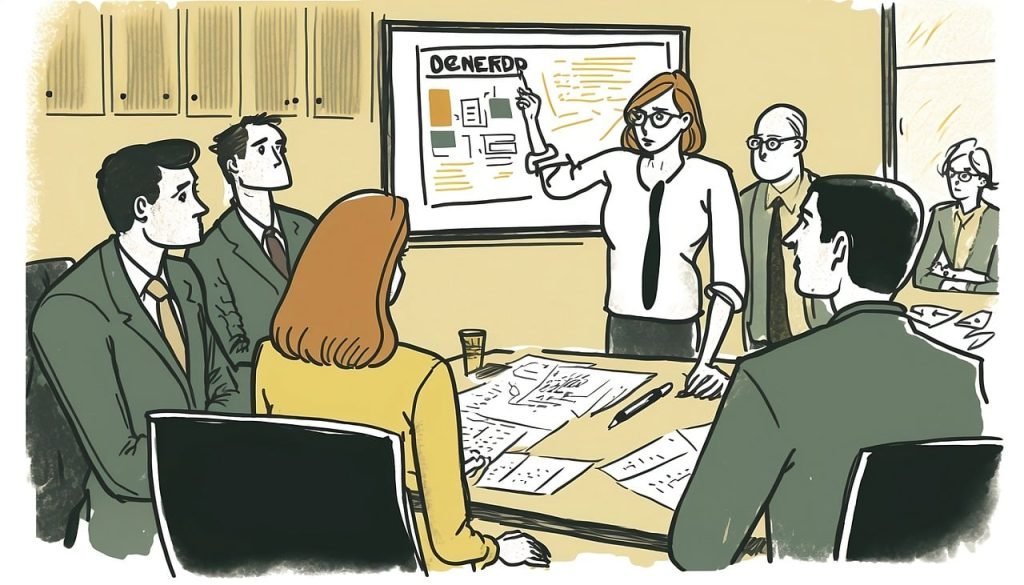GP practice meetings provide an excellent opportunity for team members to come together, share knowledge, and enhance their skills. These meetings give you a chance to learn, collaborate and have fun.Irrespective of how long you’ve been with the practice, there should be something in it for you. In this article, we’re going to take a look at the various activities and topics which can be incorporated into your GP staff meetings in order to make them engaging, productive or worthwhile.
1. Team Building Exercises:
Team building exercises are a great way to foster camaraderie and strengthen the bond among team members. These activities promote effective communication, trust, and collaboration, which are essential for a successful GP practice. Consider incorporating icebreakers, problem-solving games, or interactive challenges to encourage team spirit and build relationships.
2. Information Governance Scenarios and Resource Cases:
Information governance is a crucial aspect of GP practice, ensuring that data is managed, protected, and used appropriately. Engage the team by presenting real-life information governance scenarios and resource cases. Encourage discussion and problem-solving, allowing team members to share their expertise and insights. This interactive approach will help everyone understand the importance of information governance and improve their decision-making abilities.
3. Something Funny About Yourself:
Laughter is an excellent way to relieve stress and create a positive atmosphere. As part of your go practice meetings, invite team members to share something funny or interesting about themselves. This light-hearted activity will help break the ice and encourage a sense of humour among the team. It also promotes a friendly and inclusive environment, fostering open communication and a sense of belonging.
4. Snack and Tea Time:
Taking breaks for snacks and tea during GP practice meetings not only provides a refreshing pause but also encourages informal conversations and networking. These informal interactions often lead to valuable exchange of ideas and experiences, fostering a sense of community within the team. Consider providing a variety of snacks and beverages to cater to different preferences and dietary needs.

5. New System Change Presentation:
Stay up to date with the latest advancements in practice by dedicating a portion of the meeting to notable developments by the practice members. By giving these type of presentations a platform, it allows team members to share their knowledge and experiences regarding recent system updates, protocols, or implementation of new ideas or technologies. It also provides an opportunity for the team to discuss the impact and benefits of these changes on their practice.
6. Significant Event Reporting:
Significant event reporting plays a critical role in improving patient safety and identifying areas for improvement within the practice. Use the staff meetings to discuss real-life examples of significant events and the subsequent reporting processes. Encourage staff members to share their experiences, lessons learned, and strategies for preventing future incidents. This collaborative approach helps create a culture of continuous improvement and fosters a sense of responsibility among the team.
7. Complaint and Feedback Examples, Frequency, and Outcome:
Complaints can provide valuable feedback and insights into areas that need improvement. Dedicate time during staff meetings to discuss patient complaint examples, and internal staff feedback, their frequency, and the outcomes achieved through proper handling and resolution. This discussion allows everyone to learn from past experiences, develop strategies to address common complaints, and enhance patient and staff satisfaction.
Overall, GP practice meetings are an excellent opportunity for the primary care team to come together, learn, and grow. By incorporating team-building exercises, information governance scenarios, humour, snack and tea time, system change presentations, significant event discussions, and feedback handling, you’ll foster improved patient care and professional development.



